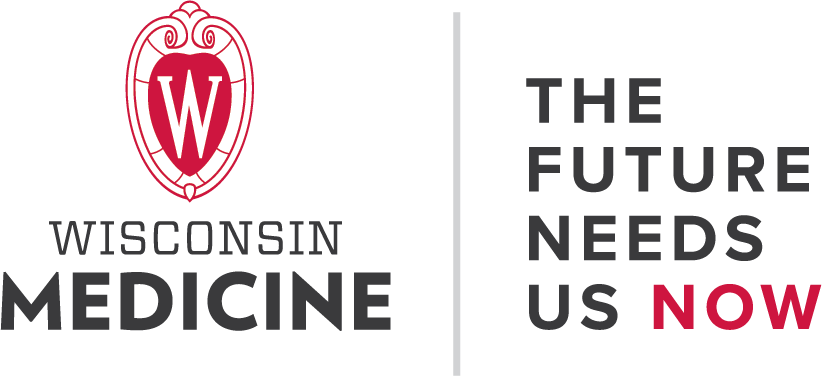A Family’s Fight against Pancreatic Cancer
Michael “Mike” Oglesby was a devoted family man and a passionate engineer with a penchant for carpentry and the outdoors. The youngest of five boys, and one of seven children, he grew up in Dubuque, Iowa. Mike’s parents, Harry and Ann, came of age during World War II and understood what it was to be in need, to have to go without even the simplest things. So, they chose to impart to their young children the importance of giving back.
“They never bragged about what they did to help others in the community. It was their silent giving that made such an impact on all of us,” shares Diane Oglesby, one of Mike’s younger sisters.
Close knit from the start, the Oglesbys immediately rallied when Mike was diagnosed with stage four metastatic pancreatic cancer. He got the news on November 6, 2015, just two weeks after his daughter’s wedding, and despite treatment, he only survived another 60 days. “Mike was only 52, but he knew he wasn’t going to live long,” says Diane. “As an engineer, he was always wanting to figure things out, and he wanted to understand why he’d developed terminal cancer.”
Mike’s curiosity inspired his siblings to channel their grief into becoming agents of change through raising awareness as well as funds for research. “As a palliative care nurse practitioner, I realized that our loss was not all that different from what other families experienced,” Diane imparts. “Seeing patients in our cancer center helps me on a daily basis to remember the importance of taking a stand and funding a cure for pancreatic cancer.”
Within a matter of weeks after Mike’s passing, his family had organized the Faj Squad 5K — a fundraiser named after Mike’s daughters’ nickname for him. And a mere three months later, in April 2016, they launched the Michael W. Oglesby Foundation. The Faj Squad 5K event brings in an average of 300 to 350 participants, seeing more growth every year.
“We knew that the funds we raised could really help, and UW Health had the perfect pancreatic cancer research center,” shares Diane. “As a family, we want our foundation to bring hope to those who are going through the same things we experienced and to go toward finding a cure.”
Much remains to be discovered about early detection of pancreatic cancer. It’s the third-leading cause of cancer-related deaths in the nation — more than 70 percent die in the first year, and more than 90 percent of patients die within five years of diagnosis. With that knowledge, the Michael W. Oglesby Foundation is working to bring hope through supporting screening studies, earlier detection, better treatments, and ultimately, a cure. Upon realizing that UW Health had a powerful research center, the Oglesby family created the Michael W. Oglesby Pancreas Cancer Research Fund.
“This research fund will allow us as a family and a community to continue supporting important research for years to come,” says Diane. “We are thrilled to see that our fund is already helping Dr. Sean Ronnekleiv-Kelly with his research. His passion helps motivate us as a family. Every donation — no matter the amount — will help with making a change.”
Dr. Ronnekleiv-Kelly is an assistant professor in the surgical oncology division of the Department of Surgery at the UW School of Medicine and Public Health. His clinical focus is pancreatic cancer, and in his lab, he studies mice to explore how circadian disruptions affect pancreatic cancer progression.
“Less than 10 percent of patients are alive five years from diagnosis, and it’s soul-crushing to tell someone who has gone through treatment that their prognosis isn’t good,” says Dr. Ronnekleiv-Kelly. “We have to do better for people like Mike. I am extremely grateful to the Oglesby family and the Faj Squad for their generous support and for their passion to help combat this devastating disease.”
Share Your Story
Did UW Health or the UW School of Medicine and Public Health have a life-changing impact on you or someone you love? Be part of the Wisconsin Medicine story by inspiring others with your story. Share it now.

